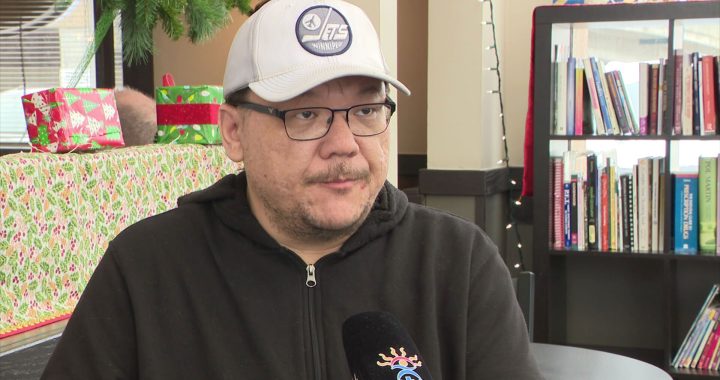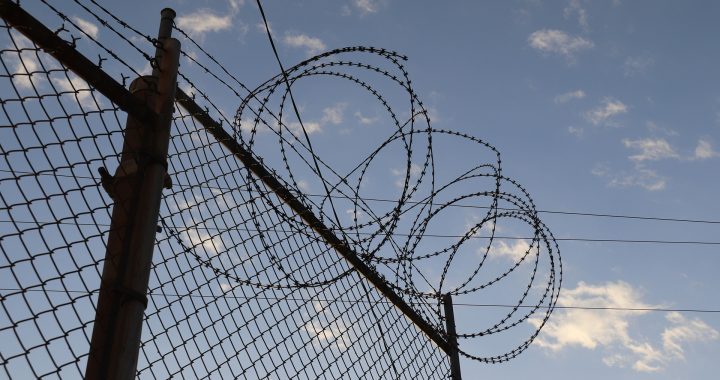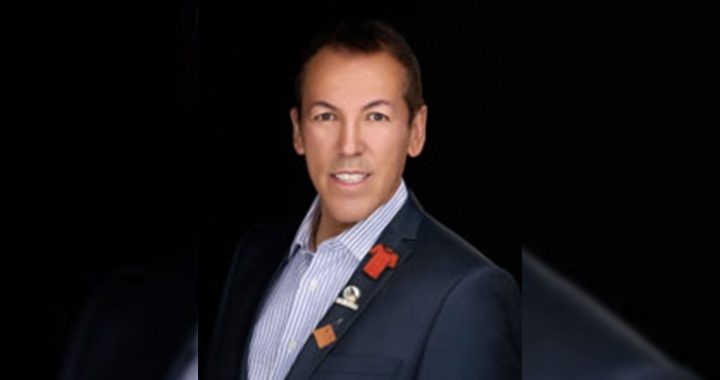The parliamentary committee studying Bill C-15 – the proposed federal legislation that will bring Canada’s laws in line with the United Nations Declaration on the Rights of Indigenous Peoples (UNDRIP) heard mixed messages on the effects it will have across the country.
To start, the Indigenous Research Network (IRN), established in 2020, is an Indigenous-led advocacy group to provide a platform for Indigenous workers and business owners who support environmental projects and the communities involved, says the proposed law is already making investors nervous.
“The UNDRIP situation is already starting to cost investors a bit and we need to concern ourselves with that if we want to make ourselves a viable group to invest in,” said Arnie Bellis, chair of the IRN to the Standing Committee on Indigenous and Northern Affairs Thursday.
The IRN stresses the importance of resource development to Indigenous economies and for that they need investors.
Heather Exner-Pirot is a consultant for IRN and she says she has spoken with investors and heard their concerns first hand.
She was told C-15 is one more thing that adds to the risk of investment because it isn’t clear to investors what the process is and what consent requires.
They were also concerned over who the proper representatives are whether it be hereditary chiefs, a band council or members in the case of a First Nation.
“So we did hear that it’s difficult to invest on Indigenous territory because it’s very risky,” Exner-Pirot informed the committee.
Thierry Rodon a professor of political science from the Université Laval also spoke to committee defending the proposed bill.
He called it a tool for settling issues.
Rodon says having a process that is clearer will help improve relations between stakeholders and interveners of projects.
He says it could help keep cases out of the courts and would reduce actions such as blockades.
“Where say the RCMP have to intervene and there could be international repercussions,” Rodon says. “So I think it’s a loose-loose situation when this type of thing starts happening.”
Rodon believes that would help to reduce the risk to investors by streamlining a process between developers and Indigenous populations.
An open letter by chiefs and Indigenous leaders sent out March 9, 2021 calls the Bill a “historic opportunity to advance reconciliation” and quotes the Truth and Reconciliation Commission saying:
“The United Nations Declaration on the Rights of Indigenous Peoples is the framework for reconciliation at all levels and across all sectors of Canadian society.”
Abel Bosum is the grand chief of the Grand Council of the Crees (Eeyou Istchee) in Quebec and was one of the signatories of the letter.
“It’s time to be fearless and go beyond what we are accustomed to,” Bosum told APTN News. “You know there are other Indigenous people around the world who are watching and hoping, anticipating to see that Canada would set a standard for the world.”
Brenda Gunn, professor of Law at the University of Manitoba also addressed the committee and agrees the federal government needs to stop dragging its feet in implementing UNDRIP.
“Canada was very slow turning its support towards the UN declaration. There’s a lot of work to do, we’ve lost a lot of time and now is the time for action,” Gunn stated.
Justice Minister David Lametti spoke with Nation to Nation host Todd Lamirande Feb. 25.
He said delays to C-15 are part of an overall Conservative strategy to stonewall the Liberal Government’s entire legislative agenda.
“And they’re doing that in order to grind the government down in order to prevent us from getting C-15 and other important pieces of legislation in front of the House,” Lametti said.
“Honestly, we need to call out Erin O’Toole, and we need to call out the Conservative Party because their delay tactics are becoming unbearable. We’ve already spent more time on this than we would have on a budget, and we’re just hearing the same arguments over and over again.”










